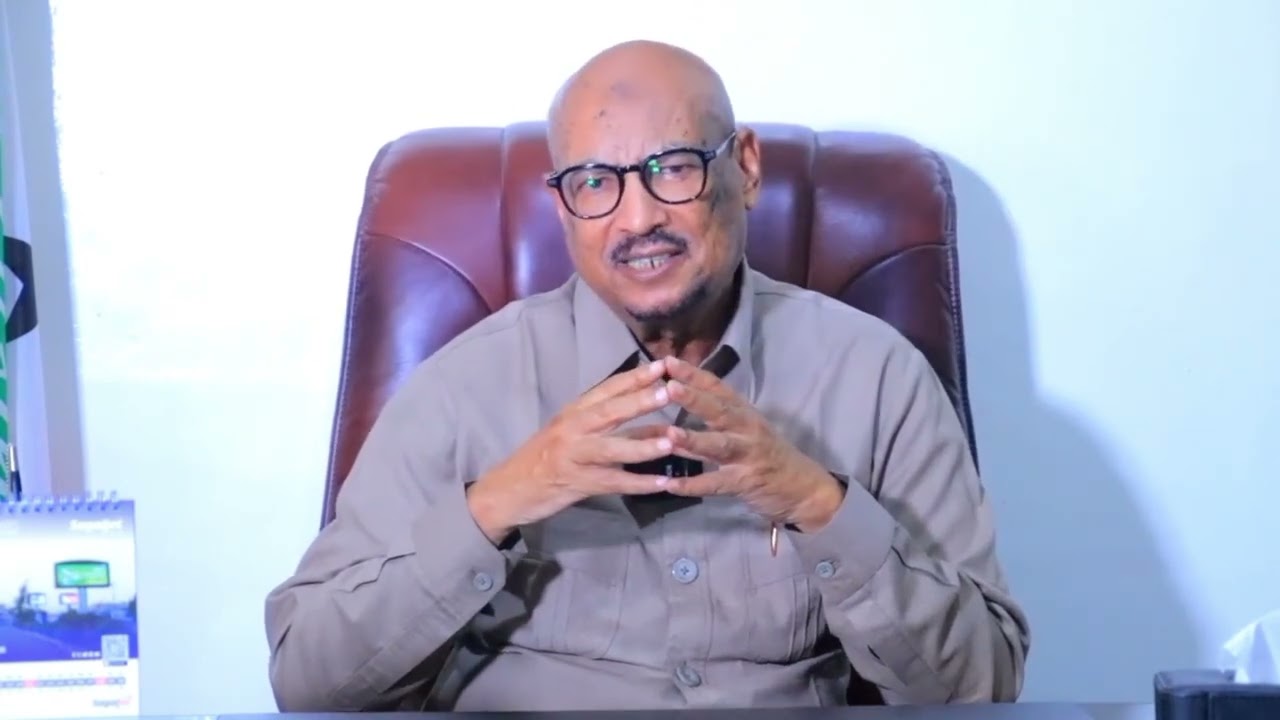For the country’s growing number of people sleeping rough, harsh winter temperatures have added to their woes.
Glasgow, United Kingdom – As night descends, the evening air covers Glasgow in an icy chill. Professionals, leaving their workplace, wrapped up warm against the elements, hurry towards the city’s train stations for their commute home. Shoppers, equally determined to keep the cold at bay, briskly move in and out of stores as roads across the city fill with cars and pedestrian walkways with people.
Such scenes are frequently played out in Scotland’s most populous city. But scattered across Glasgow’s bustling centre is another common spectacle, the homeless. There is David, who, together with his dog Casper, is looking to find a safe place to bed down for the night. George, who, sitting by the entrance to Glasgow Central Station, his face scarred and calloused by years of hard living and drinking, begs for money from passers-by. And Chantelle, who, slumped forward on her head outside a department store, is feeling the after-effects of illegal drug use.
People sleeping rough is a common sight on the streets of Britain’s cities. Ask commuters whether the phenomenon has been on the rise in major urban centres such as Glasgow, Manchester and London in recent years, and many will answer in the affirmative.
READ MORE: Muslims and Christians team up to help homeless
In one of the world’s largest economies, it is usual to see people sleeping on cold, hard beds of concrete.
More than 4,000 people slept rough on the streets of England in 2016, according to a recent official snapshot survey – a 16 percent increase on the year before. It was the sixth successive year of rising numbers since 2010.
| The number of people sleeping on our streets continues to rise at an appalling rate |
Many campaigners on the issue of homelessness contend that the government’s statistics for people who sleep rough may be an underestimate. The Combined Homelessness and Information Network (CHAIN) put the number of individuals seen sleeping rough in London by outreach workers at 8,096 in 2015-2016 – an increase of 7 percent compared with the previous year.
“The number of people sleeping on our streets continues to rise at an appalling rate,” says Matt Downie, the head of policy at Crisis, a UK homeless charity.
“Behind these statistics are thousands of desperate people, sleeping in doorways, bin shelters, stations and parks – anywhere they can find to stay safe and escape the elements. Cuts to housing benefit and a woeful lack of affordable housing are just some of the reasons rough sleeping continues to rise.”
Long-term addiction to drugs and alcohol, family breakdown and depression are other reasons why people often find themselves living on Britain’s streets.
Sixty-five-year-old David’s life began to unravel after the death of his wife in 2004. When Al Jazeera spoke to him, he had been wandering the streets of Glasgow – one of Britain’s largest cities – for nearly two months after abandoning a house that he shared with a friend.
“I used to live in a caravan park before that,” he says, his dog of nine years, Casper, sitting by his side. “But a young boy came and smashed my caravan up. All my personal stuff is there but I can’t get into it.”
Although outreach workers from Simon Community Scotland, a homeless charity, have been trying to find David some form of accommodation, the reluctance of shelters to accept pets has meant that he has refused help.
“Where he goes, I go,” says the Glaswegian, who maintains that he has survived through the generosity of passers-by. “The way I’ve taught him is that he’ll only ever take food from me, so if I gave him to somebody else, he would starve and he would die.”
In recent months, as the bitter British winter saw evening temperatures plummet to below zero, some have died on the country’s streets. These have included two cases of people sleeping rough in Kent, in southeast England, a homeless man found dead in Birmingham city centre, and another rough sleeper who died in Liverpool.
Many experts contend that the government has much to answer for in perpetuating rough sleeping in Britain.
“Homeless people get left behind,” says Kate Moss, a professor at the University of Wolverhampton law school.
Moss, co-author of Women Rough Sleepers in Europe – Homelessness and Victims of Domestic Abuse, added: “[They] fall through social safety nets and need to be empowered but this just doesn’t happen and there is no political will to make this so, since government wants us to believe that people’s poverty and homelessness is always their own fault. I do not agree.”
That said, many social commentators are applauding the UK government’s Homelessness Reduction Bill currently making its way through parliament. When the bill, which has enjoyed cross-party support, becomes law later this year it will require English council authorities to assist anyone 56 days away from homelessness to secure accommodation – up from the current figure of 28 days. The scheme will see £48m ($60m) of government funding handed to local authorities.
“Ending homelessness will require political consensus,” says Downie. “The Homelessness Reduction Bill is a great example of what can be achieved when party politics are put to one side.”
Yet, Dawn Foster, of The Guardian, writing in January this year, said that the scale of the problem warranted a greater injection of government cash than the Homelessness Reduction Bill was providing for.
“The government needs to step back and assess the issue,” she wrote. “Homelessness is a national crisis. Not just street homelessness, but hidden homelessness; in addition to the rise in rough sleeping, hundreds of thousands of people are living in temporary accommodation.”
Downie says that “rough sleeping ruins lives, leaving people vulnerable to violence and abuse, and [takes] a dreadful toll on their mental and physical health”, adding that “our recent research has shown how rough sleepers are 17 times more likely to be victims of violence”.
David does his best to avoid trouble on the streets of Glasgow where the city’s Winter Night Shelter was used 4,060 times by 605 rough sleepers during its four months of operation last year. He says that the local police often look out for him – and while he likes a “wee drink and a smoke now and again” he says that he never uses drugs.
Dressed in a winter coat that he hopes will see him through his present life on the streets, and accompanied by his “buddy” Casper, the sexagenarian knows where he will make his pitch for the chilly evening ahead.
“There’s a church up the road that’s nice and quiet – I stayed around there last night and I’ll go back and stay there tonight.”
For David, like Britain’s other rough sleepers, luxury is simply another day’s survival.
Follow Alasdair Soussi on Twitter: @AlasdairSoussi
Source: Al Jazeera News















